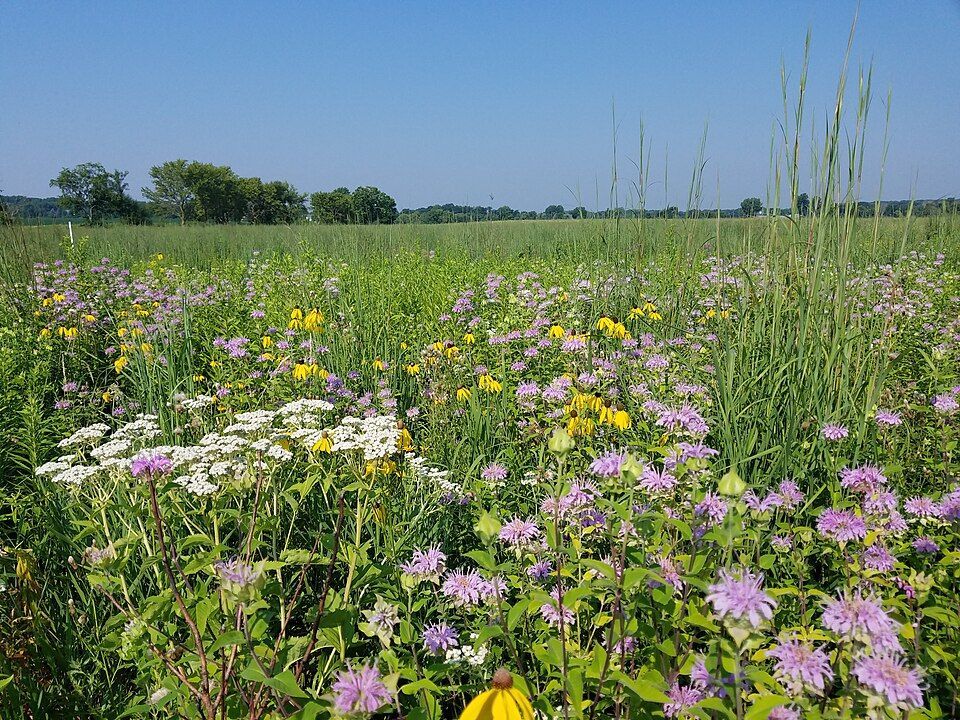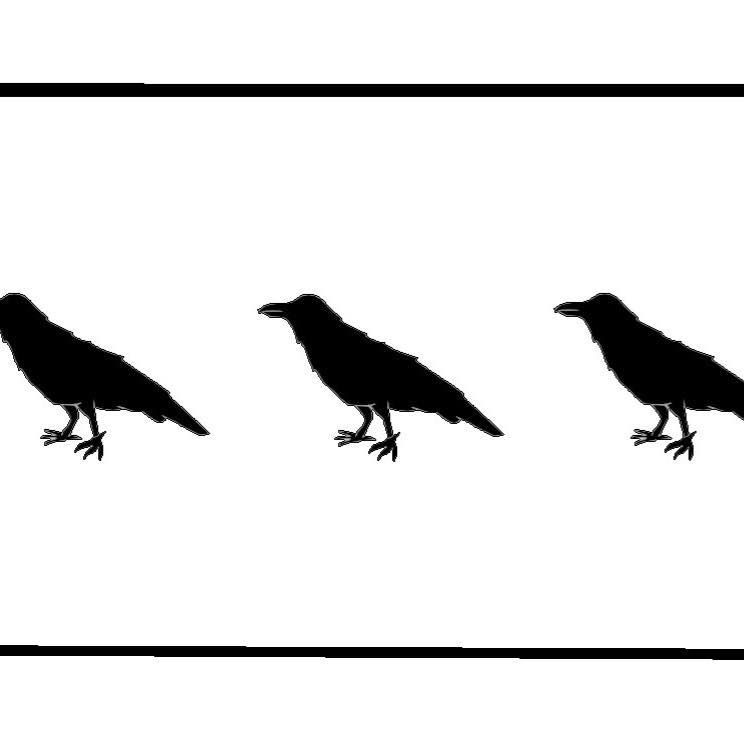FIELD NOTES BLOG
Welcoming the New Year at Severson Dells Nature Center

As we bid farewell to 2023 and welcome 2024, I want to take a moment to reflect on the incredible journey we've had at Severson Dells. The past year has been filled with challenges, accomplishments, growth, and shared experiences that have strengthened our bond as a nature-loving community.
As we stand on the threshold of 2024, I am filled with excitement and anticipation for the possibilities that lie ahead. The new year brings with it a fresh start, new opportunities, and a chance to continue making a positive impact on our environment and the lives of those who visit our center and experience our programs.
I want to express my sincere gratitude to each and every one of you for your dedication and passion for our mission. Whether you're a supporter, volunteer or attended a program at Severson Dells, your contributions have been invaluable, and I am grateful for the commitment you've shown to preserving and celebrating the wonders of nature.
In the coming year, let's continue to work together to inspire a love for the outdoors, foster environmental stewardship, and create meaningful connections with the natural world. I am confident that, with our collective efforts, we can make Severson Dells an even more vibrant and impactful space for our community.
As we embark on this new chapter, I wish you and your loved ones a joyful New Year filled with health, happiness, and awe-inspiring moments in nature. May our shared journey at Severson Dells continue to flourish, and may we make a lasting difference in the lives of our local natural and human communities.
Thank you for being a part of our nature-loving family. Here's to a year of growth, discovery, and endless possibilities!
Warm regards,
Ann Wasser
Executive Director

RECENT ARTICLES































